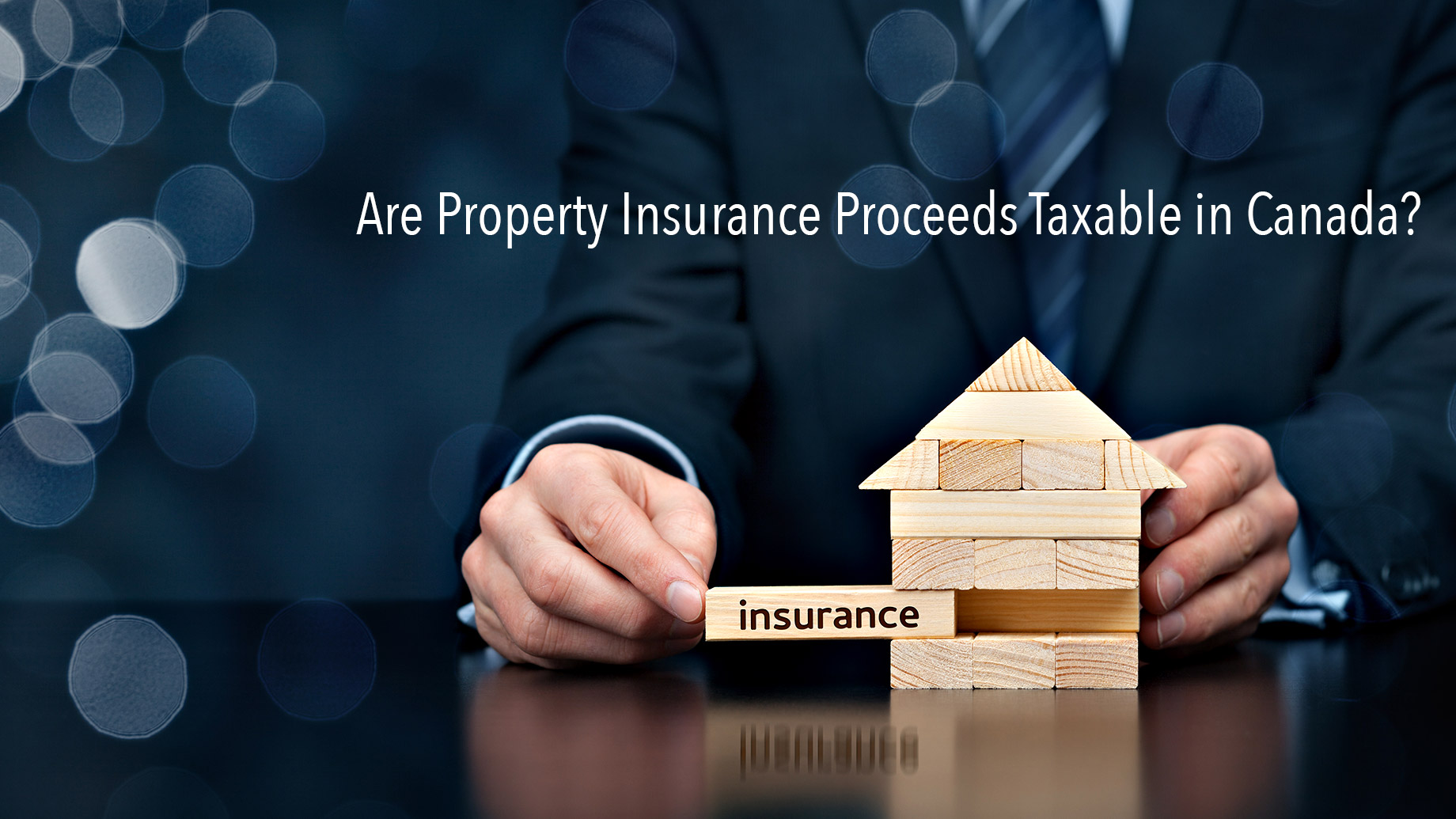
Property insurance is a significant investment anywhere, including in Canada. What do you do should any damage occur due to various man-made or natural reasons? In such cases, your insurance company calculates the extent of the damage and issues insurance proceeds to return your insured property to its prior condition.
Next, taxes are a concern when it comes to receiving insurance proceeds, and the common question that troubles everyone is: Are property insurance proceeds taxable in Canada? Well, the answer is far more complicated than you might think. It can be both a yes and a no, depending on the many circumstances.
In this article, we will discuss the nuances of taxation of insurance proceeds. Meanwhile, experts from Surex can provide you with deeper insight regarding this issue.
Property Insurance Proceeds
When a property is damaged or completely decimated in a natural or man-made disaster or an accident, the individual or company files a claim. The insurance company has the responsibility to financially cover all the damage and losses that have occurred to the property.
There are various factors that affect property insurance proceeds:
- The insurance proceeds need to be prematurely evaluated and issued on time.
- They can be directly issued to the customer or even through a cheque.
- The proceeds might just not include money but other benefits as well.
- These proceeds are usually not taxed by the government, but some exceptions are present.
Rate of Tax
So, are property insurance proceeds taxable in Canada?
Since the receipt of insurance proceeds fall under capital gains, the transaction would attract a tax at the rate of 50% of the capital gains made. Let us explain this further using an example.
Suppose the purchase cost of the property was $100,000. Now, the insurance company has provided you with a compensation of $120,000. Thus, you have made a gain of $20,000 on the disposal. 50% of this gain (i.e., $10,000) will be added to your total income and taxed accordingly. Property owners living in The Six often look for the best tax accountant Toronto can give them to get a grasp on the applicable tax rates. However, this gain can be set off against any capital loss you might have in the same financial year.
Why Does Tax Arise On Disposed Of Assets?
It is essential to understand the incidence of taxation in the case of asset disposal. The assets in the books of the taxpayer are depreciated every year for tax purposes. This is known as the tax value of the asset; however, the asset’s original cost is more than the tax value. Thus, the benefit of this tax is deferred over the useful life of the asset.
Now, when the asset is removed from the books and compensation is received, a difference arises between the tax value and the replacement value. The tax on this difference has to be paid by the individual, known as a capital gain. This has to be paid irrespective of whether the property was used for personal or commercial use.
Suppose if a property costs $ 50,000 and has an annual depreciation rate of 5%. In one year, the value drops by $2,500 to $47,500 due to a deduction from our taxes. Now, if the insured amount exceeds $47,500, the remaining balance will be legally taxed.
The Replacement Exemption
However, the Canadian law exempts certain disposals from this tax under the Income Tax Act, provided the following conditions are satisfied:
- The disposal was unintended
- The property is replaced within 24 months
- The asset is used for the same business as before
If the above conditions are satisfied, you can reduce the capital gains from the cost of the new property. This would mean that no tax would arise on receipt of compensation. Thus, you can receive compensation without having to pay tax.
However, not all types of properties can be labelled as qualified replacement properties. Here are some examples of re-investments that can lead to an eligible replacement:
- Substantial repair of the damaged property to restore lost capacity.
- Plantation of new crops in replacement of the old and damaged crops.
- Purchase of a manufacturing plant to replace a similar plant.
Principal Residence Exemption
Alternatively, if the property was your principal residence, you can claim the principal residence exemption. The Income Tax Act s. 40(2)(b) exempts the capital gain arising on the disposal of your principal residence.
However, this does not mean that you have to reside at that particular property. Even if it was inhabited by your spouse, common-law partner, or your children for any part of the year, the property could be claimed as a principal residence.
Canadian law has now made it mandatory for taxpayers to report the sale of their principal residence in their tax returns.
Thus, if your property is damaged and you have received compensation, you can treat it as disposal of your principal residence and escape capital gains.
A Different Outlook
The insurance proceeds become taxable to the government when the value of proceeds exceeds the value required for indemnity. This is because the current investment value will always be greater than the first investment due to systematic inflation.
Suppose the property was acquired with an investment of $100,000. Now, after the insurance claim, you have received proceeds of $200,000 due to inflation and other necessary adjustments. The recent indemnity or re-investment was completed in $150,000. You are left with an extra amount of $50,000. This extra amount will be taxed.
Endnote
The Canadian Government has one of the best property insurance rules. It is host to several wonderful profitable and safe insurance companies that give good coverage to your business and personal property. In case of any emergency, the response to such insurance claims is almost immediate.
One must be aware of the legalities when it comes to insurance proceeds. It is best to get your queries clarified by a professional before purchasing a policy.